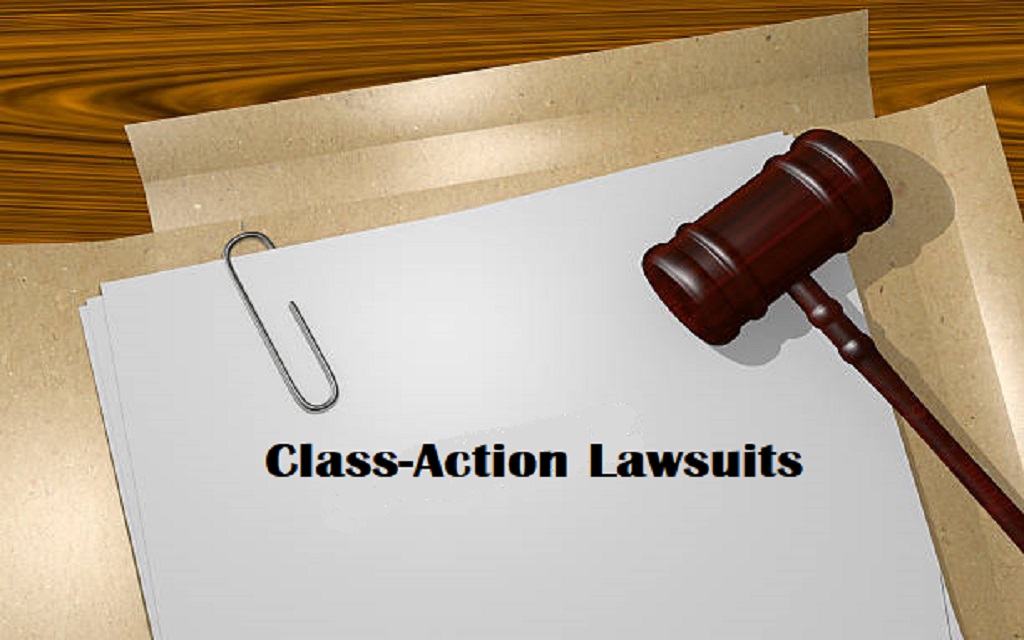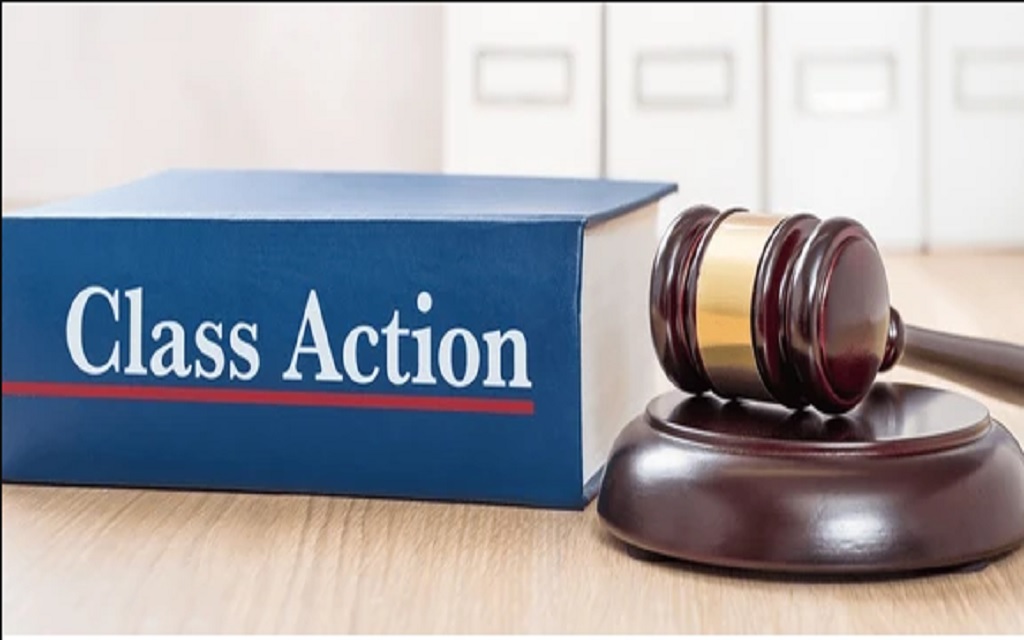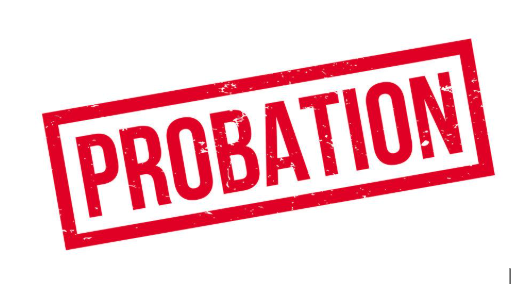Big corporations always get sued—but did you know you could be entitled to compensation without hiring a lawyer? A class-action lawsuits allows several persons to file a lawsuit collectively. One or more plaintiffs submit a complaint on behalf of all those impacted. This frequently occurs in situations involving fraud, faulty goods, data breaches, or corporate wrongdoing. Consumers, workers, and investors use class actions to hold businesses responsible and demand justice.
- Have you ever bought a defective product?
- Lost money due to stock fraud?
- Had your data leaked without consent?
You could qualify for compensation if that’s the case! This article explains recent large settlements, how class-action lawsuits operate, and how to join one. Don’t pass up the opportunity to get what is rightly yours!
What Is a Class-Action Lawsuit?

A class-action lawsuit enables several individuals with related claims to file a case together. Courts expedite and enhance the legal process by combining cases rather than treating them separately. Data breaches, defective products, corporate wrongdoing, or environmental damage are common topics of class action lawsuits.
For example, in 2021, Facebook was sued for violating privacy regulations with its face recognition software. The business reached a $650 million settlement. This case demonstrated how class actions hold large corporations accountable.
Why Class Actions Are Rising in 2024-25
Class Action Lawsuits are increasing fast across the United States. Technology, regulation, and consumer awareness fuel this growth. In 2024, settlements reached $42 billion across major sectors. Employment and consumer disputes led the surge. Data-privacy claims nearly doubled compared to 2022. Twenty-four percent of large U.S. corporations faced at least one class action last year.
Privacy, ESG, and wage violations remain top triggers. Cyber-attacks also drive fresh cases. These lawsuits push companies toward transparency and accountability. For individuals, higher filing rates mean more potential compensation. Knowing the reasons behind this rise helps you recognize opportunities early and respond before deadlines close.
How Does a Class-Action Lawsuit Work?
Key Phases in a Class-Action Lawsuit
- Filing the Complaint – A representative plaintiff submits a legal complaint detailing the claims.
- Class Certification – The court reviews whether the lawsuit meets legal standards.
- Notification of Class Members – Affected individuals are informed and given a choice to participate or opt out.
- Discovery & Evidence Collection – Both sides gather legal documents, witness statements, and expert opinions.
- Settlement or Trial – The lawsuit reaches a settlement or proceeds to court for a final ruling.
- Compensation Distribution – Class members receive financial compensation or other relief if successful.
According to a 2023 Stanford Law School analysis, 68% of class-action lawsuits result in settlements, which enable businesses to avoid drawn-out trials while paying victims.
What Are the Benefits of Class-Action Lawsuits?
- Access to Justice: People with minor grievances can band together to take on large corporations.
- Legal Efficiency: Courts handle one case instead of thousands, reducing legal backlogs.
- Higher Payout Potential: When class members band together, they may be able to reach sizable settlements that would not be achievable in separate cases.
Volkswagen Emissions Scandal Case Study
After deceiving customers about car emissions, Volkswagen resolved a $14.7 billion class-action lawsuit in 2016. This agreement resulted in one of history’s most significant environmental compensation settlements.
What Are the Challenges of Class-Action Lawsuits?
Despite their advantages, class-action lawsuits face legal and procedural challenges:
- Complex Legal Processes – Certification and discovery phases often take years.
- Low Individual Payouts – Large settlements may result in minimal compensation per claimant.
- Complex Proof Requirements – Plaintiffs must prove that the defendant’s actions harmed all class members.
For example, a class-action lawsuit against Apple in 2022 for slowing iPhone batteries settled for $310 million, although the average payout to each claimant was only $25.
Types of Class-Action Lawsuits
Class-action lawsuits encompass many legal domains, such as:
1. Lawsuits for Consumer Protection
Businesses that engage in fraud, faulty products, or deceptive advertising may be subject to class action lawsuits.
Example: Zelle was sued for $100 million in 2023 after consumers complained about fraudulent transactions that left them without a refund.
2. Class Actions for Securities Fraud
Investors sue companies that use misleading representations to affect stock prices.
Example: In 2024, Tesla shareholders sued Elon Musk for making false statements about taking the business private, which caused price volatility.
3. Labour and Employment Lawsuits
Workers sue businesses for discrimination, wage theft, or hazardous working conditions.
Example: Walmart paid $65 million to resolve a lawsuit in 2022 over its failure to give employees legally mandated meal breaks.
4. Cybersecurity & Data Privacy Lawsuits
Data breaches that expose personal information have led to litigation against tech corporations.
Example: TikTok paid $92 million to resolve a privacy complaint 2024 for obtaining biometric information without permission.
5. Environmental & Public Health Lawsuits
Class-action lawsuits can result from environmental harm, pollution, and hazardous exposure.
Example: People whose cancer was caused by Monsanto’s pesticide Roundup received compensation in a $10 billion case.
Main Types of Class Action Lawsuits and Key Details
| Type | Typical Plaintiffs | Common Issues | Possible Relief |
|---|---|---|---|
| Consumer | Buyers, customers | False ads, hidden fees, product defects | Refunds, replacements, damages |
| Employment | Workers, employees | Wage theft, bias, unsafe work | Back pay, policy reform |
| Securities | Investors, shareholders | Fraud, misreporting | Financial recovery, reforms |
| Data Privacy | Users, clients | Breach, data misuse | Compensation, improved security |
| Antitrust | Businesses, consumers | Price-fixing, monopoly | Price correction, penalties |
| Product Liability | Product users | Faulty design, injuries | Medical costs, recall payments |
How the Process Works for Individuals
Joining a Class Action Lawsuit is straightforward. First, eligible people receive notice from the court or settlement administrator. Read it carefully and confirm your eligibility. Second, certification occurs when the judge approves the group. Third, lawyers represent the class in negotiation or trial. If settlement occurs, a fund is created.
Fourth, submit your claim form before the deadline. Include proof such as receipts or pay stubs. Late submissions lose payment rights. Fifth, after verification, payouts are sent. Unclaimed money might be redistributed or donated. Understanding each stage ensures smooth participation and quick recovery.
Major U.S. Case Examples and Trends
Recent cases show huge financial and social impact. Securities settlements reached $3.7 billion in 2024. Data-breach filings rose 146 percent since 2022. Big names like Google, Wells Fargo, and Target faced consumer and privacy suits. Employment actions dominated labor law enforcement. ESG-related filings expanded, challenging false diversity claims.
Courts tightened oversight to reduce unfair settlements. Many judgments now require secondary distributions before donating leftovers. These cases highlight justice through collective strength. They prove that Class Action Lawsuits remain vital for fairness and corporate accountability in 2025 and beyond.
Why Class Action Lawsuits Matter to You
Class Action Lawsuits directly affect everyday Americans. You may qualify without knowing it. Customers win refunds for defective goods. Employees gain fair wages after successful actions. Investors recover losses from dishonest corporations. Ignoring these suits means losing money you deserve.
Collective participation ensures stronger enforcement. It pressures companies to maintain ethical standards. Class actions balance power between citizens and large institutions. They save time and legal expenses for individuals. Learning how these cases work empowers you to act confidently and safeguard your financial interests.
How to Monitor and Protect Your Interest
You can track open Class Action Lawsuits using trusted portals. Visit ClassAction.org or Unclaimed.com to search your eligibility. Subscribe to official updates. Keep contact details current. Store purchase records and employment documents. Read settlement notices immediately. File claims early to avoid rejection. Confirm legitimacy before sharing personal data.
Never trust unofficial emails promising instant payouts. Seek professional guidance when unsure. Regular checks protect your compensation rights. Staying proactive prevents missed deadlines and lost funds in future Class Action Lawsuits across the United States.
Class-Action Lawsuits in Different Countries
Class-action laws vary worldwide. Some countries impose stricter filing requirements, while others allow broader claims.
| Country | Legal Framework | Key Cases |
|---|---|---|
| United States | Federal Rule of Civil Procedure 23 | Facebook privacy settlement ($650M) |
| Canada | Provincial class-action statutes | Volkswagen emissions scandal (C$2.1B) |
| United Kingdom | Group Litigation Orders (GLOs) | Mastercard overcharging case (£14B) |
| Australia | Representative Proceedings Act 1991 | AMP financial misconduct lawsuit (A$250M) |
The Harvard Law Review (2024) reports that while Europe has more stringent clearance procedures, the United States and Canada have the highest number of class-action lawsuits.
How Can You Join a Class-Action Lawsuit?
The actions listed below should be taken if you think you are eligible for a class-action lawsuit:
- Check Eligibility – Visit legal websites or news sources for lawsuit details.
- Read the Lawsuit Notice – Verify deadlines, participation criteria, and settlement terms.
- Submit a Claim – Follow the instructions to register as a class member.
- Monitor Updates – Track case progress and compensation payouts.
You can join active class-action lawsuits listed on ClassAction.org and TopClassActions.com.
Recent & Ongoing Class-Action Lawsuits (2024-2025)
Currently, many significant class-action lawsuits are influencing legal environments globally:
- Goldman Sachs Securities Fraud Lawsuit – Investors claim misleading statements caused financial losses.
- Meta Data Privacy Lawsuit: A multibillion-dollar case against Facebook for user data misuse.
- Mastercard Overcharging Settlement: British consumers will receive a share of £200 million.
- Amazon Prime Auto-Renewal Lawsuit: Customers accuse Amazon Prime Auto-Renewal Lawsuit of misleading billing practices.
- Boeing 737 MAX Safety Lawsuit: Families of crash victims demand monetary damages.
Key Takeaways
Class Action Lawsuits empower citizens against misconduct. They combine similar claims and improve access to justice. Privacy, labor, and consumer issues dominate 2025 trends. Filing deadlines stay short, so speed matters. Reliable legal sites offer case listings and claim forms. Keep proof ready and respond fast. Each case upholds fairness and accountability. Participating reinforces legal responsibility in the marketplace. Knowledge of Class Action Lawsuits helps you claim compensation confidently and defend your consumer rights across the U.S.
Conclusion
Class-action lawsuits are critical to consumer rights, corporate accountability, and legal justice. They support people in their battle against negligence, fraud, and corporate wrongdoing. Understanding how they work, their legal implications and your participation options will ensure you stay informed about your rights.
Would you like to see if you are eligible for compensation? To view the most recent lawsuits, go to ClassAction.org.
Must Read: Drive Social Media Lawsuit: Impact on Businesses & Marketing
Musarat Bano is a content writer for JudicialOcean.com who covers lawsuits, legal news, and general legal topics. Her work focuses on research-based, informational content developed from publicly available sources and is intended to support public awareness. She does not provide legal advice or professional legal services.




